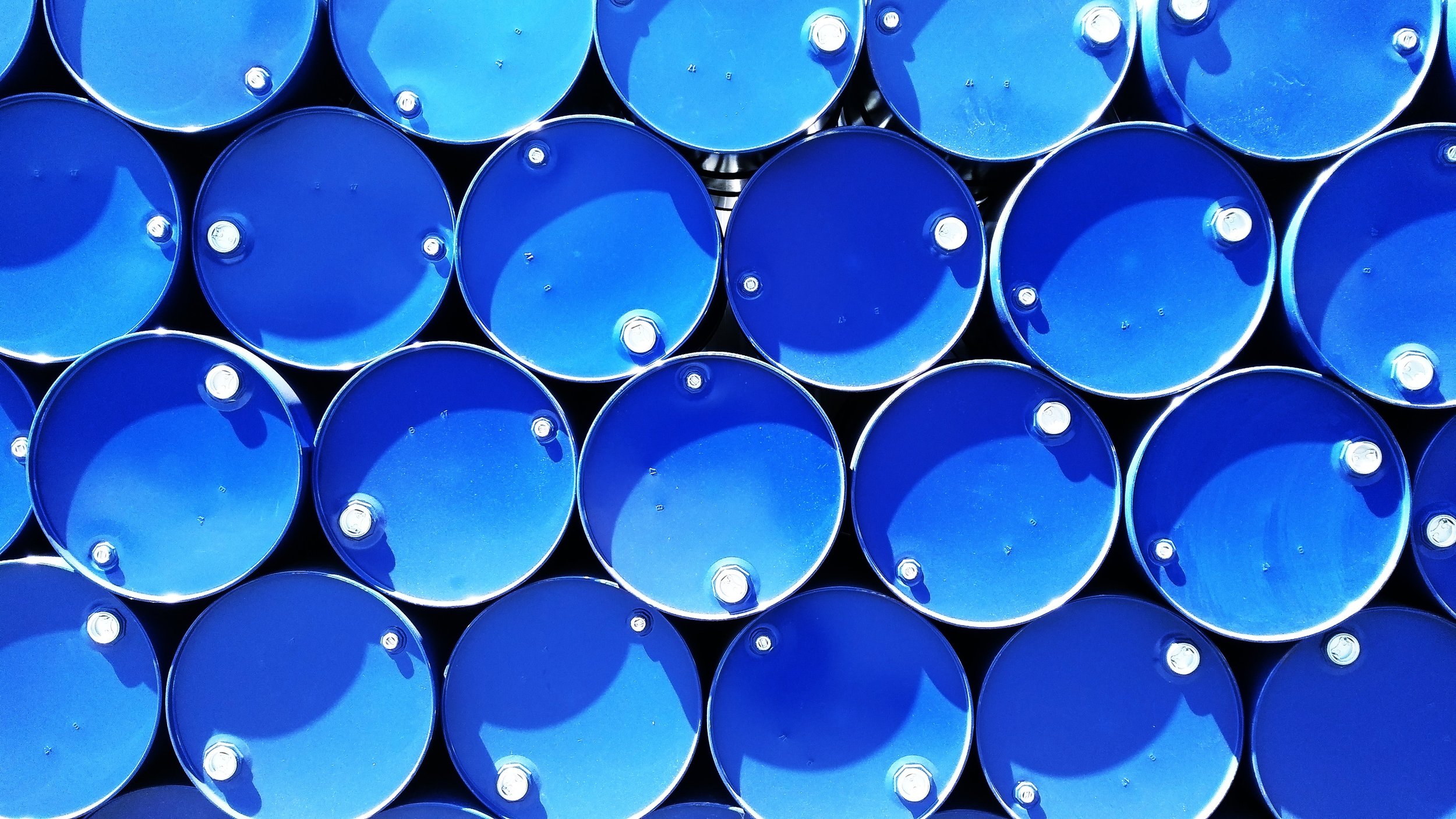Humanitarian Aid Reaches Gaza via Temporary U.S. Pier
On Friday, trucks carrying humanitarian aid began delivering much-needed supplies to Gaza using a temporary pier built by the U.S. The floating dock is part of an effort to prevent famine in Gaza, where Israeli military actions have cut off crucial supply crossings.
Aid began arriving around 9 a.m. local time, with the U.S. Central Command confirming that no U.S. troops were involved in the delivery. This multinational effort includes contributions from several countries, including the UK, which sent shelter kits.
Amid ongoing military operations, Israel has reopened some crossings, but conditions in Gaza remain dire. The Biden administration is pressing Israel for better access for humanitarian aid, warning of possible famine. As fighting continues, humanitarian groups and doctors emphasize the urgent need for more aid.
Why This Matters To Our Industry:
For the transportation and logistics industry, the situation in Gaza highlights the importance of flexible and adaptive supply chain solutions in crisis zones. The use of temporary infrastructure like the U.S.-built pier shows how innovative approaches can support humanitarian efforts and ensure the delivery of critical supplies.
Our Take:
In crisis situations, innovative logistics solutions are crucial. The temporary U.S. pier delivering aid to Gaza is a prime example of how adaptability can make a significant impact. As logistics professionals, we must be prepared to support such efforts and ensure that aid reaches those in need, even in the most challenging circumstances.
The Republican-led U.S. House of Representatives passed the Israel Security Assistance Support Act on Thursday, pushing President Biden to send weapons to Israel more quickly.
In a recent incident in the Red Sea, U.S. helicopters successfully defended a Maersk container vessel from an attack by Iran-backed Houthi militants.
An international coalition of countries, including the United States, the United Kingdom, and others, has launched "Operation Prosperity Guardian" to counter Houthi rebels targeting commercial ships in the Red Sea.
BP has decided to halt all shipments through the Red Sea due to recent attacks on trade vessels by Houthi rebels in Yemen.
OPEC+ oil producers have agreed to voluntary output cuts totaling approximately 2.2 million barrels per day (bpd) for early next year, with Saudi Arabia continuing its existing voluntary cut.
The United Arab Emirates (UAE) has denounced what it calls "fake news" aimed at undermining its role as the host of the COP28 climate conference, including false reports about the resignation of COP28 president-designate Sultan Al-Jaber from his position at the state oil giant ADNOC.
Oil prices rose by approximately 2% as Iraq expressed support for OPEC+'s oil production cuts ahead of an upcoming meeting.
DSV, a logistics company, has secured an exclusive contract to provide logistics services for NEOM, a large development project in Saudi Arabia, encompassing cities, ports, research centers, and more.
As economists assess the financial impact of ongoing geopolitical conflicts, the International Monetary Fund (IMF) has highlighted the concept of "fragmentation" repeatedly in its World Economic Outlook, emphasizing concerns about how strife could disrupt global supply chains and potentially reduce global GDP by up to 7%.
JP Morgan's CEO, Jamie Dimon, has expressed concerns about the escalating conflict in the Middle East, particularly Israel's expected ground offensive on Gaza.
The U.S. government is exploring various options, including land and sea routes, to assist Americans in leaving Israel.
OPEC+ decided to maintain its current production cut strategy after Saudi Arabia extended its unilateral cutback of 1 million barrels a day into September.
Saudi Arabia has extended its unilateral oil production cut of 1 million barrels a day into September, and the country says it may extend or deepen the cuts further.
Iran's APT34, also known as OilRig, has launched a supply chain attack targeting government entities in the United Arab Emirates (UAE).
The U.S. Department of Defense has announced plans to deploy additional forces to the U.S. Central Command (Centcom) area of responsibility in response to Iran's attacks and seizures of commercial ships in the Persian Gulf and Gulf of Oman.
Saudi Arabia's state-owned oil company, Saudi Aramco, increased the prices of its crude oil in Europe, the Mediterranean, and Asia, contrary to expectations.
Saudi Arabia has achieved a significant milestone in its pursuit of commercial electric vertical take-off and landing (eVTOL) operations with the successful completion of the first test flight of a flying taxi.
The Middle East is experiencing rapid development, with notable projects like NEOM and the King Salman International Airport transforming the region.
Based on data from OPEC, Saudi Arabia's decision to cut oil production is expected to significantly tighten global markets in July 2023.
The U.S. government has expressed rising concerns over the safety of commercial ships, including oil tankers, navigating Iranian waters following a series of seizures by Iran
A report by PwC-owned Stretegy& suggests that the Gulf Cooperation Council (GCC) countries could become manufacturing hubs and attract $300 billion in foreign direct investment (FDI) by leveraging their ambitious plans for green energy.
Four tugboats worked hard over the weekend to move the MSC INSTANBUL from being stranded in the middle of the canal, allowing traffic to flow through the vital waterway once again.
The country’s economy is teetering on the edge of collapse, and many companies - especially those that manage the ports - have been forced to halt operations in response.
Unable to fund imports due to the country’s depleting foreign currency reserves, Pakistan is abandoning containers full of goods at the ports.


























On Friday, trucks carrying humanitarian aid began delivering much-needed supplies to Gaza using a temporary pier built by the U.S.